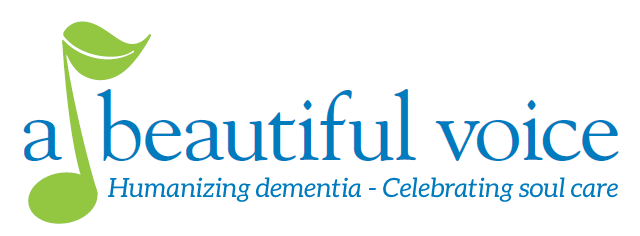Author: Susan Troyer, BA, MS
As a child, Riane Eisler, JD, fled her native Vienna with her parents to escape the Nazis. Today, she is a renowned scholar and social scientist who contrasted the “Dominator Model” with the “Partnership Model” in her 2008 book, The Real Wealth of Nations, Creating a Caring Economics.
Describing the phenomenon in which the poor often vote for policies which benefit the super rich and mega corporations, she states that, coming from high-authority homes, they have learned to deny that authority figures could do wrong. This can impact capacity for empathy and caring which are suppressed in a dominator model. Thus, children grow up to support systems which continue the dominator/submission roles. “Like children who are dependent on abusive parents, people on the lower rungs of the dominator economic ladder often identify with those in control.”
Neuroscience and the importance of early childhood education
An international advocate for women and children, she points to crime, mental illness, drug abuse as consequences of not investing in the important first five years of childhood development – the stage which neuroscientists point to as the “organizing framework for our brains.” Thus, role models in early education are major influences in the development of our ability for caring.
Dr. Eisler states that partnerships where the human capacities of all are maximized are critical for a new economic future. And, she adds, “…investment in (quality) caregiving will pay for itself in less than a generation – and make a huge profit in the bargain.”

Playing xylophone in pre-school music education
The Dominator Model leads to caring less about others
An April 2012 article in Scientific American, titled How Wealth Reduces Compassion, concludes that the most powerful members of society – generally from privileged backgrounds – may actually be the least likely to have concern for the poor in policy and decision-making.
Why would compassion decline with increased wealth and abundance? And why, in turn, would the poor identify with corporations and the super rich?
According to the Scientific American article, author Daisy Grewal, PhD, found that researchers believe that wealth and abundance create a sense of independence and less reliance on others. This leads to caring less about the feelings of others and becoming more focused on self. She concludes from her research, “As riches grow, empathy for others seems to decline.”

Volunteers contribute to community project
The Partnership Model demonstrates compassion and the importance of healing relationships
Within an industry which is brimming with technology and science – highly complex, expensive, and often impersonal – more medical colleges are now beginning to teach compassion as part of the curriculum.
Witness the teaching of Roshi Joan Halifax, a Buddhist teacher, Zen priest, anthropologist, and author. She is Founder, Abbot, and Head Teacher of Upaya Zen Center, a Buddhist monastery in Santa Fe, New Mexico. Access her important Ted Talk on Compassion and The True Meaning of Empathy. She has taught at Stanford University, Harvard University, and in many medical centers around the world. Her programs are demonstrating the power of showing compassion to people who are ill.
Based in New Zealand, Dr. Robin Youngson is also helping to lead the conversation on a global scale. He is a physician and international leader for compassionate healthcare and the founder of “Hearts in Healthcare,” an international movement. A retired anesthetist, he currently works as a trauma therapist. As a pioneer and physician conversation leader, he states, “Healthcare’s focus on physical disease and bio-medicine is unbalanced. We need to pay much more attention to emotional, psychological and spiritual well-being and the huge importance of healing relationships.”
Shaping our future: The importance of choosing voices of compassionate leadership
As we continue to advocate for care of people and planet as basic and fundamental to our existence, may the voices of our most compassionate leaders not be drowned out. May they continue to be heard and to inspire us anew in these critical days which require bold moral courage in leadership.
Or – will we default to the dominator model with its old leadership narratives? According to Dr. Eisler, remaining in a dominator model of relationships will “dramatically shape the next one hundred years – and beyond.”
Which will we choose?
Archbishop Desmond Tutu, Nobel Peace Laureate, has described Dr. Eisler’s book, The Real Wealth of Nations, as “a template for the better world that we have been so urgently seeking.”
____________________________
References:
- Eisler, R. Real Wealth of Nations (2008). San Francisco: Berrett-Koehler.
- Grewal, D. (2012). How Wealth Reduces Compassion. [Electronic version]. Scientific American.
- Halifax, J. (December 2010 at TEDWomen 2010) Compassion and the True Meaning of Empathy.
Article is adapted from an original post on VHS physician blog – September 29, 2016.
Author: Susan Troyer, BA, MS




Leave A Comment